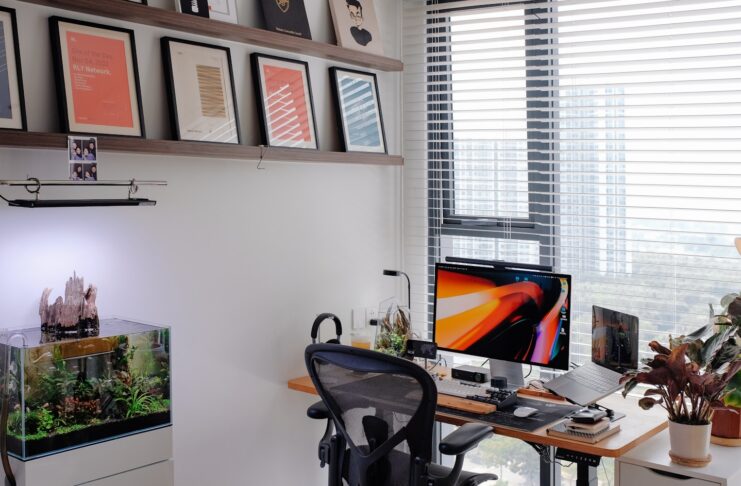British employers are leading Europe in trusting staff to work flexibly, but guilt and presenteeism are still preventing many workers from properly switching off over summer, new research has found.
A pan-European study by HR and payroll provider SD Worx shows that the UK ranks among the top countries for workplace trust, with nearly three-quarters (73.6%) of employers saying they trust their people to work independently. Among workers, 63.7% say their organisation trusts them not to misuse the autonomy that comes with remote or hybrid work.
Yet despite this apparent progress, a significant portion of UK employees remain tethered to their work psychologically even while on leave. The study, which surveyed 5,625 HR professionals and 16,000 employees across 16 European countries, found that:
- 38.9% of UK workers feel guilty when taking time off
- 30.2% find it hard to relax when they’re not working
Trusted But Still Tethered
Commenting on the findings, Bruce Fecheyr-Lippens, chief people officer at SD Worx, said guilt around rest remains a cultural barrier to wellbeing and performance.
“If elite athletes take complete breaks to recover, why shouldn’t we?” he said. “We recently spoke with the world’s number one women’s cycling team, SD Worx-Protime, where every rider takes a three-to-four week break from the bike at the end of their season. It’s a period of full rest, and they come back stronger. Professionals should be encouraged to do the same.”
While he isn’t calling for people to shut out every work-related thought while on holiday, Fecheyr-Lippens says true recovery requires stepping away from daily tasks. “You can still read an industry article that inspires you or have a topical conversation with a new contact on the beach, but the key is to step away from day-to-day operational tasks and give your mind the space it needs to recover.”
Making Flexibility Work for Wellbeing
SD Worx, which has offices in 26 countries, promotes flexibility through its internal Workation policy, allowing employees to work temporarily from abroad as long as IT and security protocols are followed.
Fecheyr-Lippens also leads by example: “Some days over summer I might work from 5am to 8am, then take the rest of the day off. It’s about finding a rhythm that supports both output and wellbeing.”
The core principle, he says, is that “[i]f you give flexibility, you get responsibility. When employees are trusted to choose how and where they work, performance and morale improve.”
Presenteeism and the Pressure to Be ‘On’
The findings suggest that while flexible work structures are widely available, the psychological shift away from presenteeism has been slower. Fecheyr-Lippens points to a “Drama Triangle”, a concept developed by psychologist Stephen Karpman in the 1960s, as a useful lens for understanding how some workers fall into roles of victim, persecutor or rescuer when faced with unspoken workplace pressure.
“Society can make us feel we need to be ‘on’ all the time, but it’s up to individuals to break that cycle. If your employer trusts you, take that at face value – give your job 100% when you’re working, but give that same 100% dedication to your time off, and don’t feel guilty for taking breaks. That’s what sustainable performance looks like.”
But, he adds, individuals alone cannot change workplace culture. “If managers aren’t living the values of flexibility and autonomy, they’re contributing to a toxic culture. People don’t stay in environments where they feel watched, not supported.”
Four Ways Employers Can Promote Meaningful Rest
To help staff rest and recharge this summer, SD Worx recommends that HR leaders:
- Embed flexible frameworks in everyday practice, not just policy
- Normalise taking leave, and talk openly about the value of rest
- Train and support managers to model autonomy and trust
- Reframe rest as a performance tool, not a reward
“Work and life don’t need to be in conflict,” Fecheyr-Lippens added. “When organisations get trust and flexibility right, people thrive – and so does the business.”


